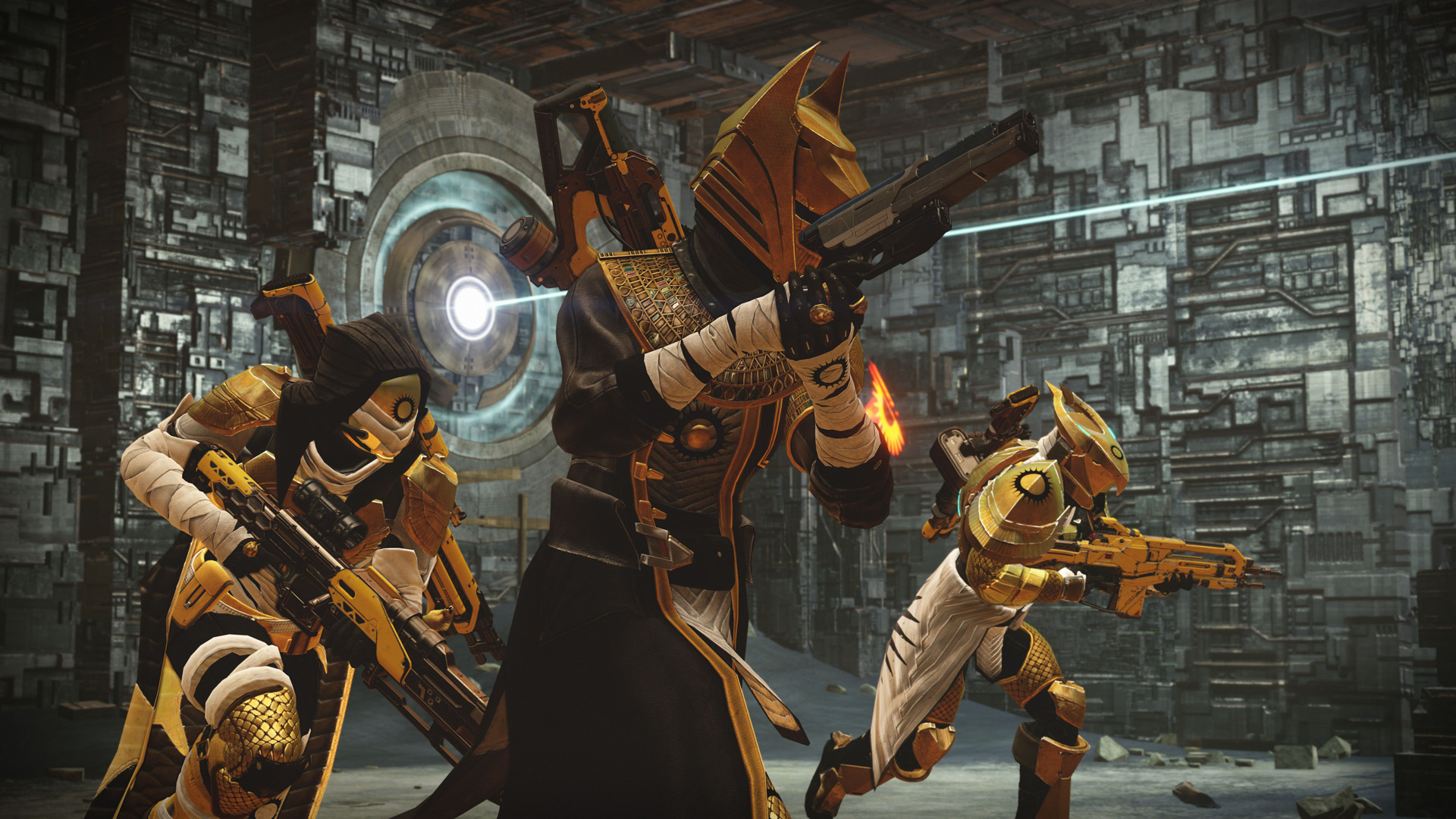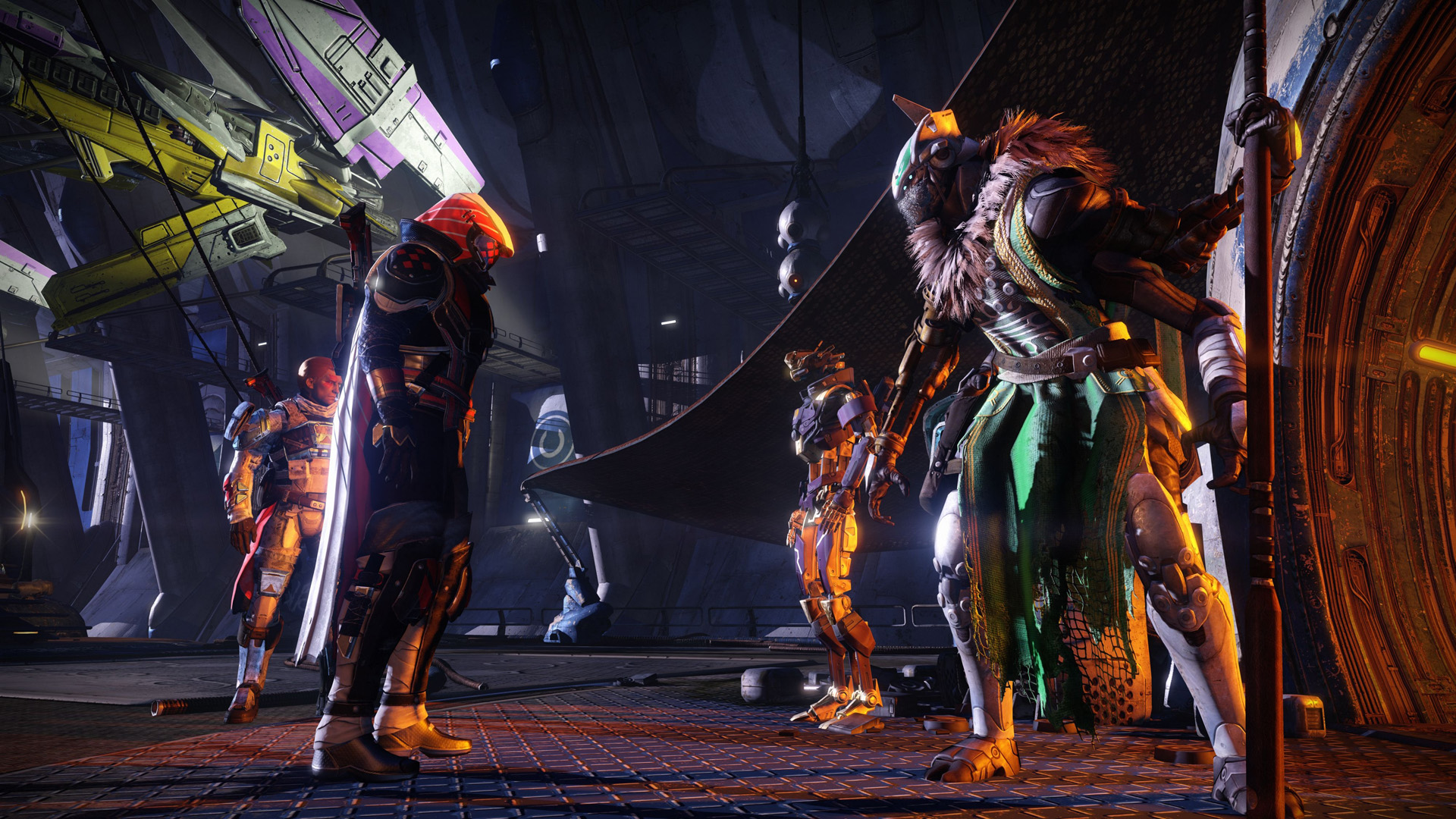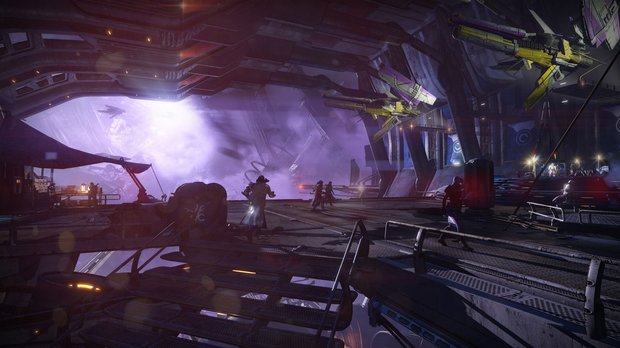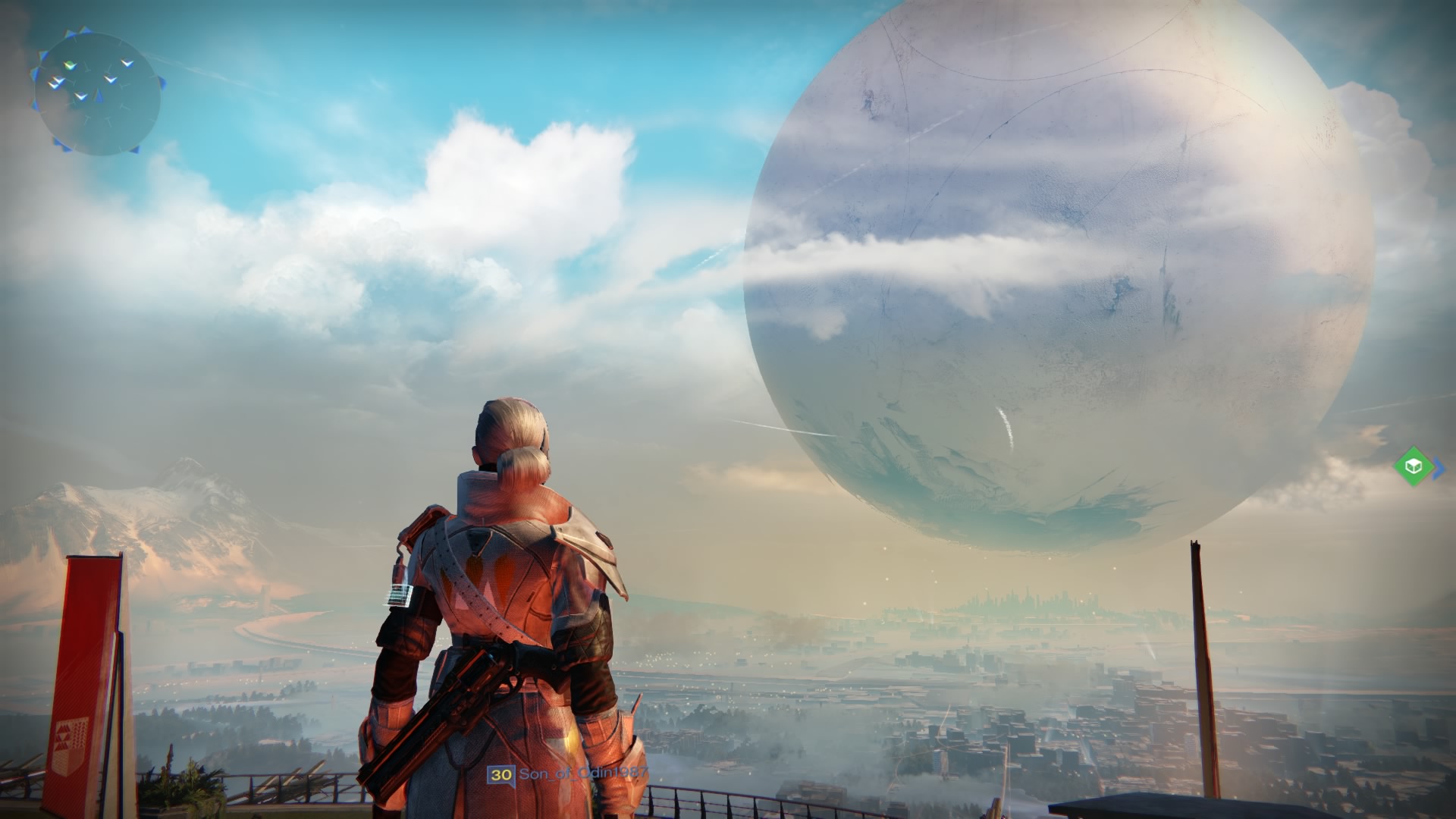Why Destiny's eSports-courting competitive mode is great news for players
I approached Bungie's Trials of Osiris on Wednesday as I imagine most Destiny players did. I expected 'stuff': new stuff, different stuff, exciting stuff. 'Stuff' is, after all, the way that the ongoing growth of a massively multiplayer game is tracked and measured. New armour, new weapons, new maps, new modes and events: stuff you can arrange into a list, stuff you can hold up next to the asking price for House of Wolves to determine if the expansion is worth the asking price to you.
I didn't expect to come away seeing Destiny in a completely different light. I certainly didn't expect to come away convinced of Destiny's potential as a competitive spectator experience, as an eSport. A little context: eSports are, as part of my role at GR+ sister site PC Gamer, the dayjob. Destiny is what I've done with my weekends and evenings since September, a console-bound hobby separate from my life writing about the MOBAs that dominate pro gaming on the PC. During the Trials of Osiris livestream, as TripleWreck and his team contended with Bungie devs across multiple rounds on a single map, I thought: I can imagine watching this live. I want to watch this live.

Bungie clearly anticipated that response - after all, they packed the room with spectators and put DeeJ in a jacket that is most charitably described as 'presenterly'. Yet they've kept this new angle very quiet: nobody expected anything more from Trials of Osiris than a new Crucible variant, something a bit like Iron Banner but with three-player teams and an Egyptian theme.
The design of the new mode screams competition, though. To my mind, eSports work best when their rules and scoring mechanics are readily visible to a spectator, when their mechanics allow for both strategic orthodoxy and individual bravado, and when play occurs according to a rhythm that makes the drama of each match easy to parse. Trials of Osiris ticks all of these boxes in a way that regular Crucible does not.

Destiny's complex system of kill points, bonus points, and point-multiplying capture points is gone. In Trials of Osiris, there's only one point that matters: the single point your team earns when you eliminate the enemy. Every snipe, clutch Super, and heroic revive leads towards this all-important single point. In the event of a stalemate, a sudden-death capture zone spawns that grants a win to whichever team nabs it. This encourages players to take risks, and risks create drama for spectators.
The first-to-five-points structure is sports-like (specifically tennis-like) in and of itself, and the short rounds provide an interesting new context for Destiny's existing features. Watching the stream, it's notable how much more significant Supers seem when players only get one or two per match. What might be a regular occurrence in Control - scoring a multikill by dropping a Nova Bomb on a capture point, for example - becomes a game-winning homerun here. As such, it carries more risk: screw it up and you've just committed a potentially game-losing blunder. This, again, amounts to drama - and drama is the lifeblood of competitive gaming.

Does this mean we should expect to see ESL or MLG announce a Destiny tournament any time soon? No. Bungie have suggested nothing of the sort, and when these things start they tend to start with the eSports community. It would take a groundswell of community interest and buy-in from major eSports organisations to make competitive Destiny a reality. Trials of Osiris is a considerable step towards creating that interest, of course, but there are no guarantees.
Sign up to the GamesRadar+ Newsletter
Weekly digests, tales from the communities you love, and more
The thing is: there doesn't need to be. This new competitive side to Destiny is good for the game in and of itself. By adopting some of the principles that make eSports fun to watch, Bungie are expanding the range of experiences that the game offers to regular players. This is something that Destiny badly needs, and one of the reasons I'm so excited about it.
Crucible is one thing. Crucible with a fireteam full of friends is a different, better thing. Crucible in a competitive framework, where the game mandates that you form a committed team of three, is something new. If you're familiar with competitive PC games, you'll know what a 'ranked ladder' is: a variant on regular online play that's less about treating it as a game and more about treating it as a hobby (or, indeed, as a sport.)

Destiny has had a degree of that before - there are certainly people who take Crucible and even competitive raiding very seriously - but it's never been encouraged within the game itself. Traditionally, endgame Destiny is about ticking off a series of daily and weekly boxes in order to amass loot. It is, as GoldVision aptly points out in this brilliant parody guide, a 'commit-to-win' game. Trials of Osiris won't change this entirely - you will still need to work for those exotic hand cannons - but it stresses a new type of commitment, adding more abstract disciplines like teamwork and personal improvement to a formula that has previously boiled down to 'put in time, get stuff'.
That's why I'm excited that Destiny is adopting some of the ideas that underpin eSports: not because somebody is going to win big money by playing it on a stage, but because it expands what the game means for everybody else. Previously, I kept Destiny in the box in my brain marked 'happy grindy looty shooty time'. The hardest thing I had to learn to do was run sword on hardmode Crota. Now I'm thinking about forming a team, taking all that Iron Banner experience and making it mean something. I can't wait. My scant remaining free time is doomed.



